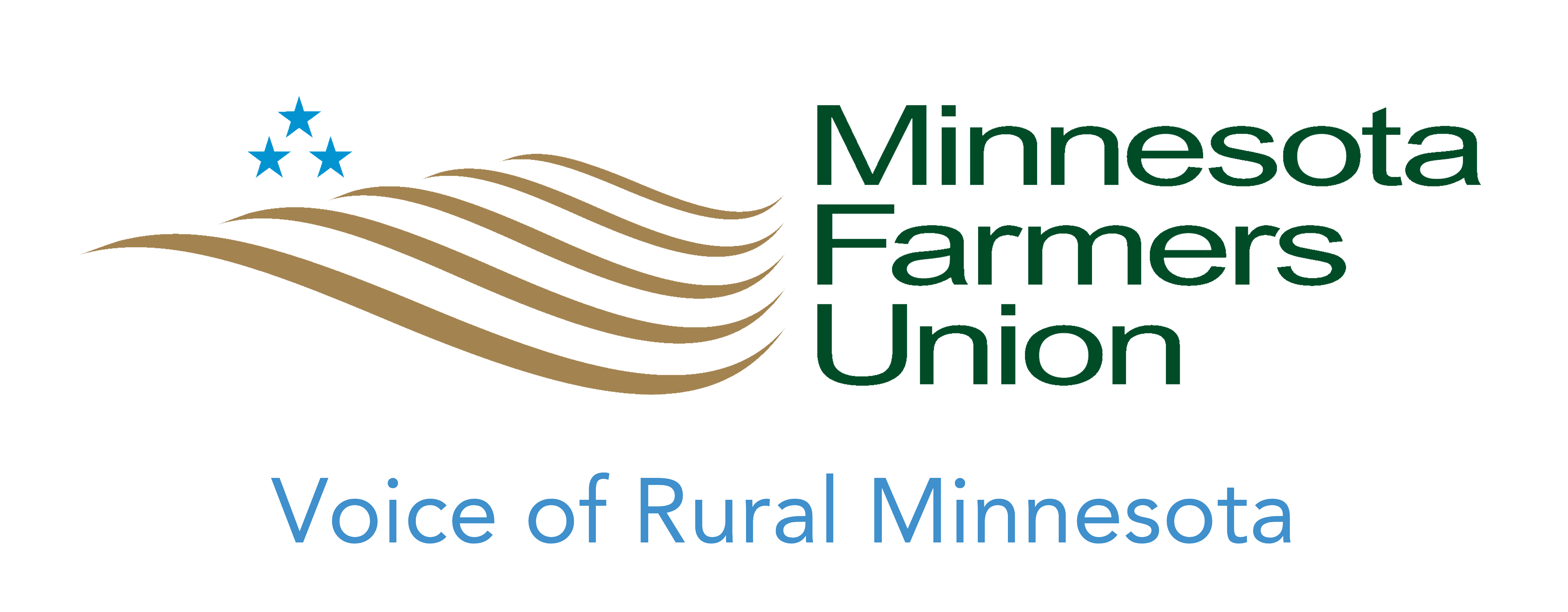Legislative Update: Ag proposals take shape
Lawmakers returned on Tuesday after a short holiday recess, leaving less than two months to wrap legislative work ahead of their constitutional adjournment on May 20. Each day lawmakers convene in St. Paul, MFU’s legislative team is at the Capitol working to advance MFU’s grassroots policy.
As discussed in last week’s update, legislative leaders—Gov. Tim Walz, Senate Majority Leader Erin Murphy (DFL-St. Paul), and House Speaker Melissa Hortman (DFL-Brooklyn Park)—agreed to a budget framework spending only $512 million of the $3.7 billion projected budget surplus this biennium. As expected, this is tiny when compared to the $72 billion biannual budget the legislature approved last year.
The largest budget item by far is a $109 million settlement in the Tyler case where the supreme court unanimously ruled that a Hennepin County women’s civil rights were violated when the county sold her forfeited property and pocketed earnings in excess of what she owed in property taxes. The state is on the hook for large portion of pending class action settlements because counties were following state law in retaining a portion of those funds.
The joint budget targets allocate $4.5 million in the current biennium and $2.4 million in the next for the agriculture department, $53 million for taxes, and $17 million for environment and natural resources.
This agreement follows and builds on Gov. Walz’s budget request which provides more detail on his priorities this session. Early this week, Ag Chair Samantha Vang (DFL-Brooklyn Center) introduced those recommendations in bill form (HF5229), which provide more detail on what could be included in a final deal. That said, the proposal will surely be updated with proposals Chair Vang heard as standalone bills so far this session.
While there will likely be small, supplemental changes to Minnesota’s biannual budget this session, lawmakers will also take a renewed look at policy changes. Senator Chair Putnam’s (DFL-St. Cloud) policy bill (SF4225) was passed by the Agriculture Committee last month and is primed for consideration by the full Senate.
While the proposal is largely noncontroversial, it includes some important items for MFU.
First, his policy bill would require the Minnesota Department of Agriculture (MDA) to “establish and maintain an accessible and anonymous means for a person to report potential violations of the corporate farm law” and Minnesota’s ban on foreign ownership (15.1). As MFU’s Melany Thomas (Clay County) described in testimony, this simple change will help streamline enforcement of these longstanding laws.
Second, his policy bill clarifies language barring confidentiality clauses in ag processing and marketing contracts (4.7). This will help ensure that farmers can share contract terms, prices, and other data with neighbors, advisors, and others without fearing repercussions due to violating these contracts.
Third and finally, the bill carries recommendations from MDA for updating reporting requirements for small grain buyers. Under the proposal, buyers purchasing under $7.5 million in grain annually would be required to provide a financial statement prepared by a third part independent accountant, but not a full-blown annual audit. According to the department, this poses comparatively little risk to the fund, because the vast majority of grain sales are sold through larger entities (11.28).
Interestingly, it also includes requirements that people finding strays must either notify the owner, file a public notice, or surrender the animal to a local animal control agency (14.10).
As always, if you have questions, thoughts, or concerns about MFU’s legislative work, please reach out to Stu at (320) 232-3047 or stu@mfu.org.
